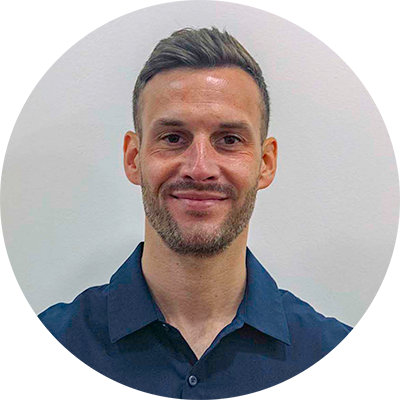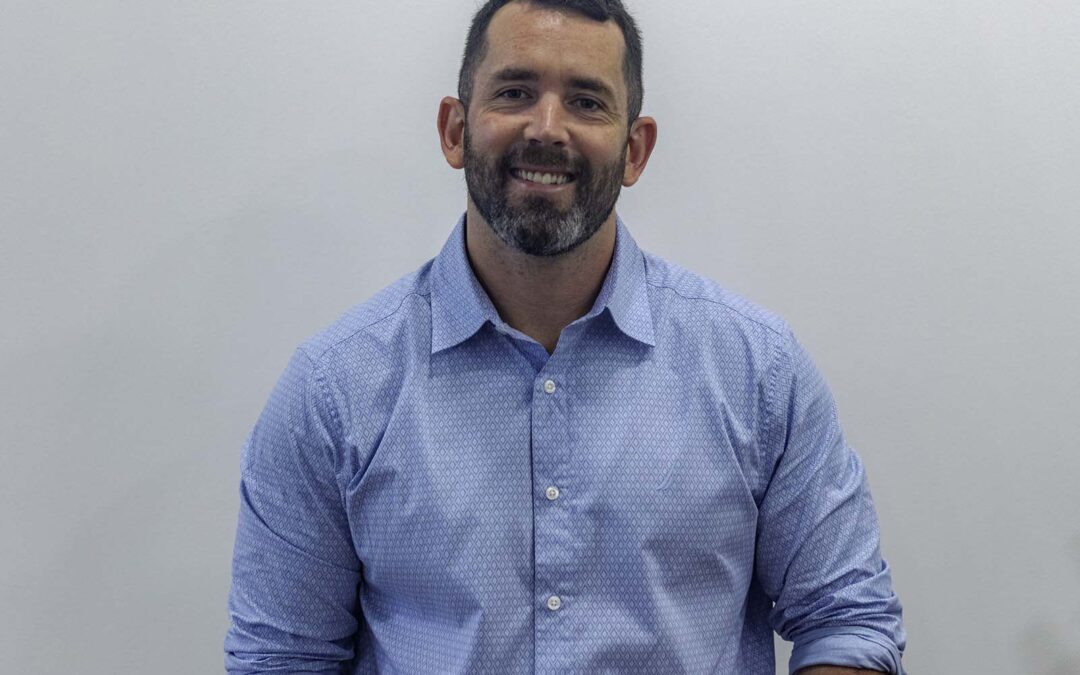What is Day Treatment for Addiction?
Struggling with addiction can feel overwhelming. You may be considering seeking help, but the idea of inpatient treatment might seem daunting. Day treatment for addiction offers a structured and supportive alternative. It’s an intensive outpatient program that allows you to receive comprehensive addiction treatment while still living at home.
Day treatment programs provide a balance between the intensive care of inpatient treatment and the flexibility of traditional outpatient programs. This can be a great option for individuals who:
- Have work, school, or family obligations they cannot leave behind.
- Have a strong support system at home.
- Have already completed inpatient treatment and need ongoing support.
- Are seeking a cost-effective treatment option.
How Does Day Treatment Work?
Day treatment programs typically involve attending the program for several hours a day, several days a week. The exact schedule will vary depending on the specific program, but it often includes a combination of individual therapy, group therapy, educational workshops, relapse prevention planning, and other evidence-based therapies.
Individual Therapy: During individual therapy sessions, you’ll work with a therapist to address the underlying causes of your addiction and develop coping mechanisms. This personalized approach allows you to explore your triggers, build self-awareness, and develop healthy ways to manage your emotions.
Group Therapy: Group therapy provides a safe space to connect with others who are also struggling with addiction. Sharing experiences, offering support, and learning from each other can be a powerful tool in recovery.
Educational Workshops: These programs often offer educational workshops on a variety of topics related to addiction, such as relapse prevention triggers, communication skills, and healthy living practices. These workshops can help you gain valuable knowledge and develop life skills that support long-term recovery.
Relapse Prevention Planning: Relapse is a common part of the recovery process. Therefore, programs will equip you with the tools and strategies to identify your triggers, develop coping mechanisms, and create a plan for what to do if you experience a relapse.
Benefits of Day Treatment for Addiction
There are several advantages to choosing this type of program for addiction recovery:
- Structure and Support: These programs offer the structure and support of a traditional treatment program while allowing you to maintain a connection to your home life and responsibilities. This can be crucial for long-term success.
- Cost-Effective: Compared to inpatient treatment, it is typically a more affordable option.
- Maintain Responsibilities: Individuals with work, school, or family commitments can continue to fulfill those obligations while attending treatment.
- Relapse Prevention: These programs equip you with the tools and support to manage triggers and prevent relapse.
- Family Involvement: Some programs offer family therapy sessions, which can help your loved ones understand addiction and develop healthy ways to support you in your recovery.
Who Can Benefit from Day Treatment?
Day treatment may be a good option for many individuals struggling with addiction, especially those with:
- Mild to moderate addictions
- A strong support system at home
- The ability to attend the program regularly
- A desire to maintain responsibilities during treatment
However, it’s important to note that day treatment might not be suitable for everyone. Individuals with severe addictions or co-occurring mental health disorders may require the more intensive care offered by inpatient treatment programs.
Choosing a Day Treatment Program
If you’re considering day treatment for addiction recovery, it’s important to find a reputable program that meets your individual needs. Here are some factors to consider:
- Accreditation: Look for a program that is accredited by a reputable organization, such as the Joint Commission.
- Philosophy: Consider a program that uses evidence-based therapies and aligns with your treatment goals.
- Staff Qualifications: Ensure the program is staffed by experienced and qualified professionals.
- Cost and Insurance Coverage: Understand the program’s cost and inquire about your insurance coverage.
- Schedule and Location: Choose a program with a schedule that fits your needs and is conveniently located.
- Amenities: Explore the program’s facilities and amenities to ensure a comfortable and supportive environment.
Is Day Treatment Right for You?
The decision to pursue this treatment is a personal one. If you’re unsure about whether inpatient treatment is the right fit or if you’re looking for a more flexible approach to recovery, it might be an excellent option.
To determine if this type of treatment is right for you, consider the following:
- Severity of Addiction: If you’re struggling with a mild to moderate addiction and have a strong support system at home, it can be effective. However, individuals with severe addictions or co-occurring mental health disorders may benefit from the more intensive care offered in inpatient settings.
- Work and Family Responsibilities: This treatment allows you to maintain your daily responsibilities while receiving care. If you have job, school, or family obligations that prevent you from committing to inpatient care, it might be a better choice.
- Support System: Having a strong support system at home can significantly impact your success. Family and friends who understand your addiction and are willing to provide support can play a crucial role in your recovery journey.
- Financial Considerations: This option is often more affordable than inpatient treatment. If cost is a concern, it might be a viable option.
Ultimately, the best way to determine if this type of treatment is right for you is to consult with a mental health professional or addiction specialist. They can assess your individual needs and recommend the most appropriate level of care.
Intensive Outpatient vs. Flexible Outpatient: Finding Your Path to Recovery
When considering treatment for addiction, the choice between intensive and flexible outpatient programs can be daunting. Both offer valuable support, but differ significantly in their structure and time commitment.
Intensive Outpatient Programs (IOPs), like Insight Recovery’s Day Treatment program, provide a structured and comprehensive approach to recovery.Participants typically spend several hours a day, several days a week, engaging in therapy, education, and support groups.IOPs are ideal for individuals seeking a strong foundation for recovery or those transitioning from inpatient care.
Flexible Outpatient Programs (FOPs), such as Insight Recovery’s Half-Day Treatment program, offer a more adaptable schedule. These programs typically involve fewer hours per day and allow participants to balance treatment with work, school, or family responsibilities. FOPs are suitable for individuals with milder symptoms, a strong support system, and the ability to manage their recovery alongside daily life.
Choosing the Right Program
Several factors can influence your decision between an IOP and FOP:
- Addiction Severity: Individuals with more severe addictions may benefit from the intensive structure of an IOP.
- Support System: A strong support network can enhance the effectiveness of both programs, but is especially important for FOP participants.
- Daily Commitments: If work, school, or family responsibilities are demanding, an FOP might be a better fit.
- Personal Preference: Consider your comfort level with structured versus flexible programs.
Ultimately, the best way to determine the right program is to consult with a mental health professional or addiction specialist. They can assess your individual needs and recommend the most appropriate level of care.
Insight Recovery offers both IOP and FOP options, allowing you to find the program that best aligns with your recovery goals. Our team is committed to providing personalized support and guidance throughout your journey.
Day Treatment and Aftercare
Day treatment is often a stepping stone to long-term recovery. Consequently, many individuals transition from day treatment to intensive outpatient programs (IOP) or outpatient programs as they continue to build their sobriety. Therefore, it’s essential to have a comprehensive aftercare plan in place to support your ongoing recovery.
Aftercare involves developing a support network, attending recovery meetings, practicing self-care, and continuing to engage in therapy. Additionally, it’s important to remember that recovery is a lifelong journey, and ongoing support is crucial for maintaining sobriety.
Insight Recovery Treatment Center offers a variety of aftercare services to help you transition successfully from day treatment to independent living. Moreover, our aftercare programs provide ongoing support, relapse prevention strategies, and connection to the recovery community.
Conclusion
Seeking help for addiction offers a structured and supportive environment for individuals on the path to recovery. Furthermore, by combining individual and group therapy, educational workshops, and relapse prevention planning, these programs provide the tools and resources needed to overcome addiction.
If you’re considering treatment, it’s important to choose a program that aligns with your individual needs and goals. Insight Recovery Treatment Center offers a comprehensive program designed to help you achieve long-term recovery.
Remember, seeking help for addiction is a sign of strength. You don’t have to face this challenge alone. With the right support and treatment, you can overcome addiction and build a fulfilling life in recovery. Contact Insight Recovery today to discuss what treatment route is right for you and get started on your journey to recovery.
Additional Resources:
- Substance Abuse and Mental Health Services Administration (SAMHSA)
- National Council on Alcoholism and Drug Dependence (NCADD)
- Addiction Center
By understanding the benefits and structure of day treatment, you can make an informed decision about your path to recovery.






